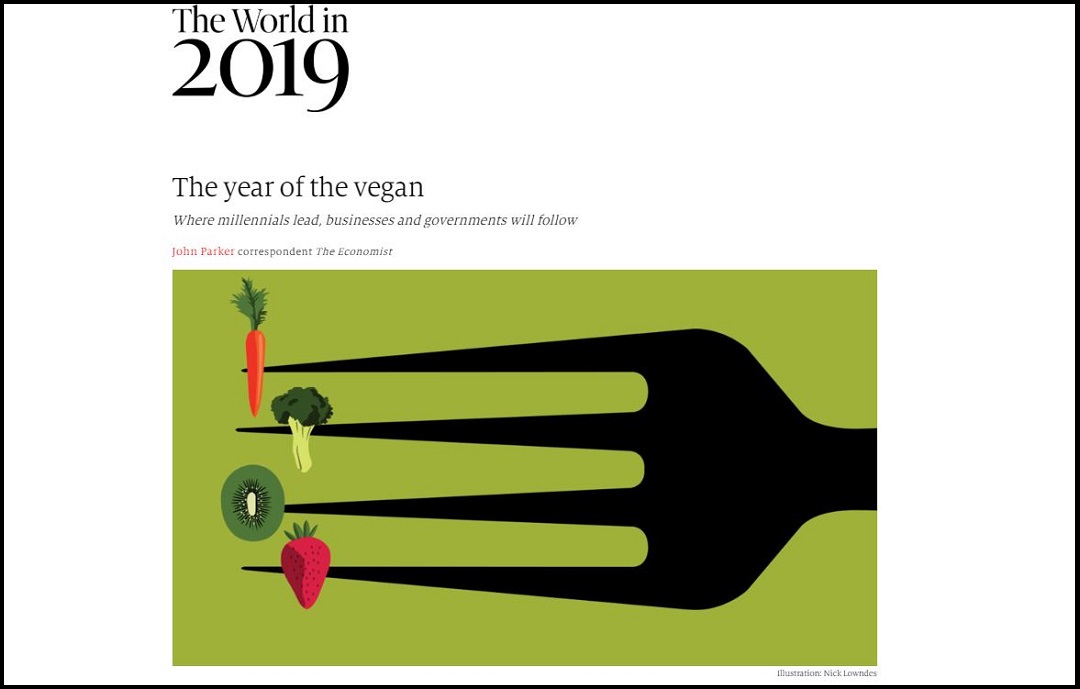Many of you may know that nine years ago, I started thrive! meetings & events after realizing that it was very hard to eat at the hundreds of events I planned and attended each year because I have a food allergy. While I had made significant dietary changes, and felt renewed in all aspects of life — certainly physically — I realized, perhaps more importantly, that I needed to educate the meetings and events industry on how to feed me and the millions of people like me. I attended the Institute for Integrative Nutrition and took other nutrition and food safety classes, learning how to eat not just to sustain myself, but to feel good about eating again.
Fast forward to 2019 and the world has become more educated about what we eat, and how different foods can react positively or negatively to our system. Some of this education can seem cumbersome if you are a chef feeding thousands of people, or a meeting planner with a long list of attendee dietary restrictions. What I’ve learned over the years is that nutritional guidelines can help make cooking and menu planning a lot easier, but the preparation and methods of service are just as, or maybe, even more important. The more we prepare menus that are inclusive to individuals with different allergies and dietary needs, the less we have to worry about last-minute requests.

In a recent article, The Economist coined 2019 as “the year of the vegan.” While this may cause meat, poultry and dairy eaters to roll their eyes, there is merit behind the message. Because vegans do not eat milk-based products, menus that are planned according to vegan guidelines also satisfy attendees who are lactose intolerant and vegetarian. Because vegans do not eat animal bi-products, attendees who are allergic to honey can eat vegan-prepared meals.
The Economist also cited a Nielsen survey where U.S. sales of plant-based foods rose 20% in the year up to June 2018. This number represents a growth rate that is 2.5 times faster than in 2017. While not all sales of plant-based foods means Americans are rushing to become vegan – or even vegetarian – it does show that there is a rise in interest to eat according to vegan guidelines. The reason behind the increase is immaterial, really.
Whether a person’s dietary choice is due to an interest in health, animal rights activism or a concern for the environment, event planners and caterers are working harder to pre-think the meal. The result is that the kitchen staff does not feel put on-the-spot when the chosen menus aren’t inclusive. And the planner can keep planning without worrying they will be caught-off-guard onsite by an upset attendee.
In a recent interview with vegan chef, Chad Sarno of Wicked Healthy, he told me about the Veganuary movement starting this month – a campaign for plant-based eating. In my next two blogs, we’ll delve deeper into vegan trends. You’ll hear from your hotel and catering industry peers who will provide some inclusive menu-planning insight. Until then, Happy New Year!



